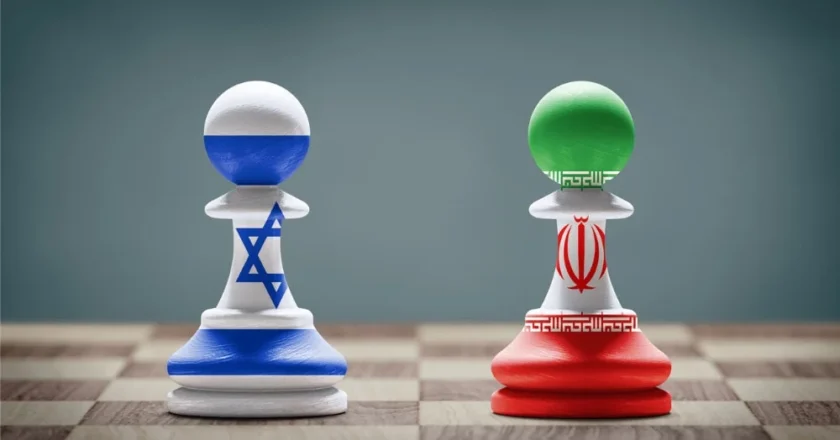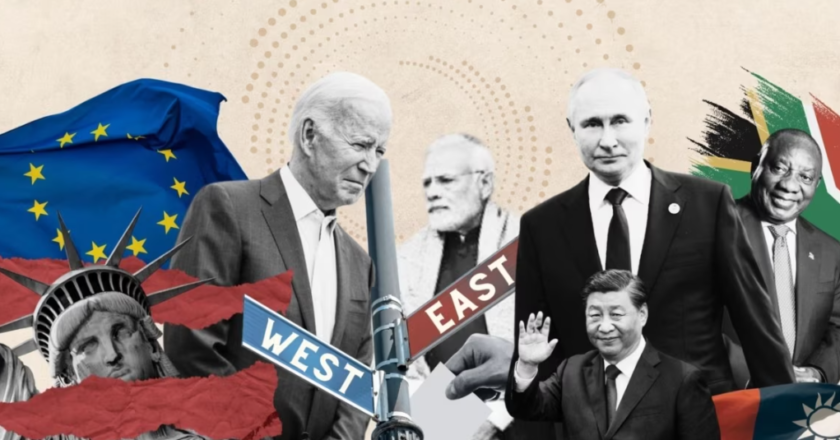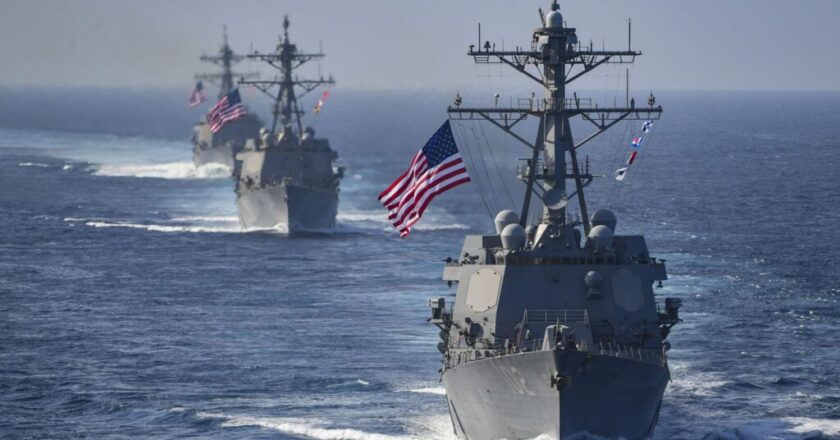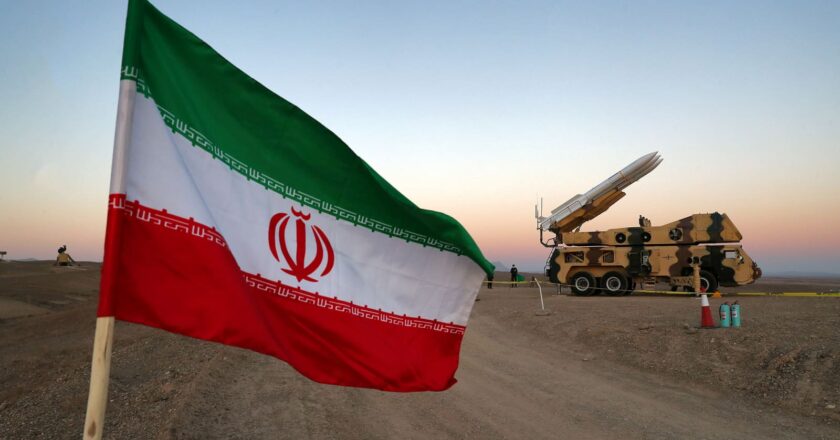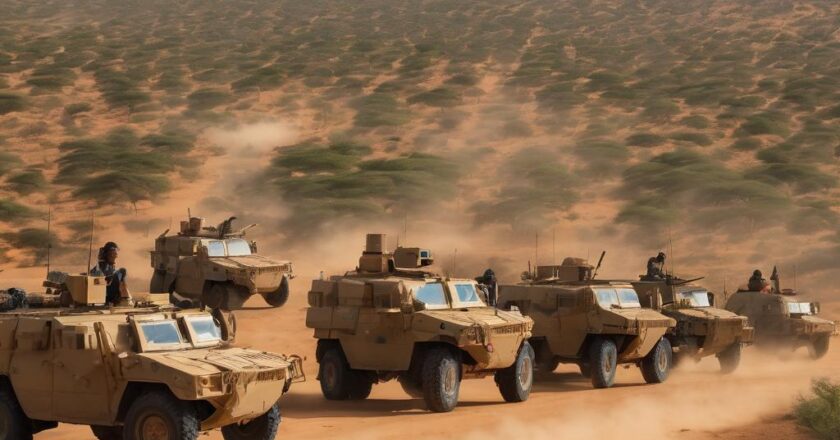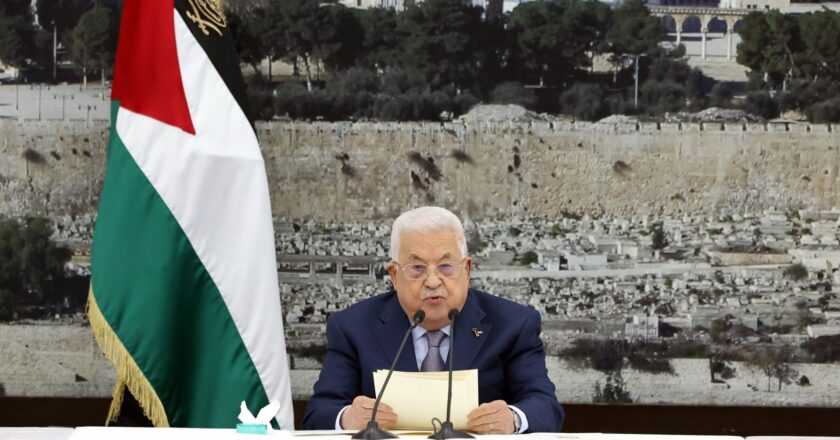Navigating the Complexities of Iran’s Response: Balancing Act in the Face of Escalation
By Daniel Robinson*
In the aftermath of recent events, particularly the Israeli strike which significantly escalated tensions, Iran finds itself at a critical juncture, forced to carefully calibrate its response. Observers and experts alike weigh in on the intricate dynamics unfolding, highlighting the delicate balance Iran must strike between demonstrating responsiveness without veering into full-scale confrontation.
"They have faced this real dilemma that if they respond they could be courting a confrontation which they don't want," one analyst observed. This sentiment underscores Iran's cautious approach, seeking to avoid escalation while still signaling its ability to defend its interests.
The potential consequences of Iran's response loom large, with v...

